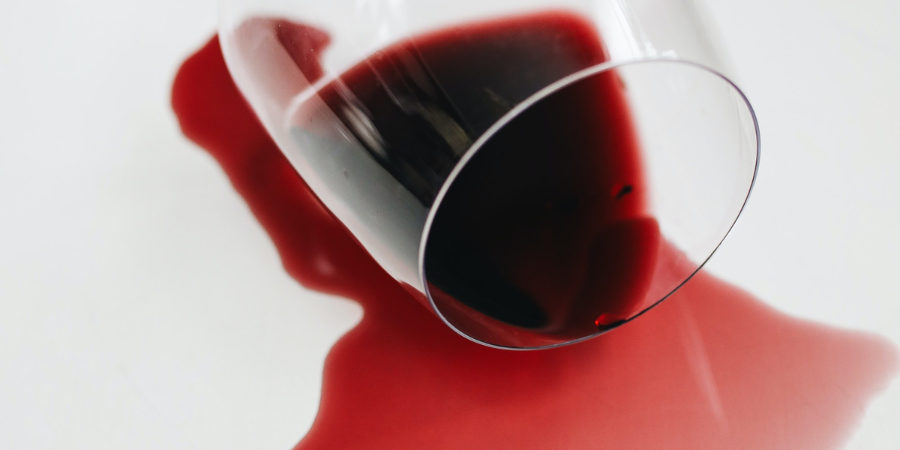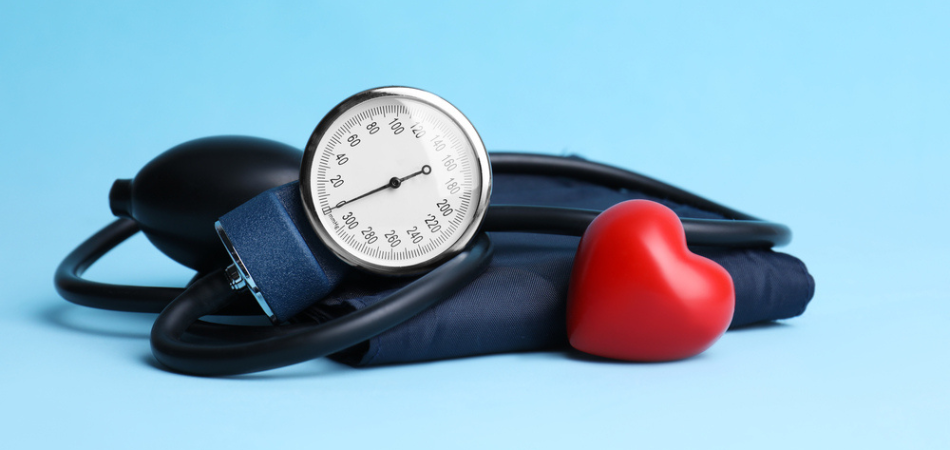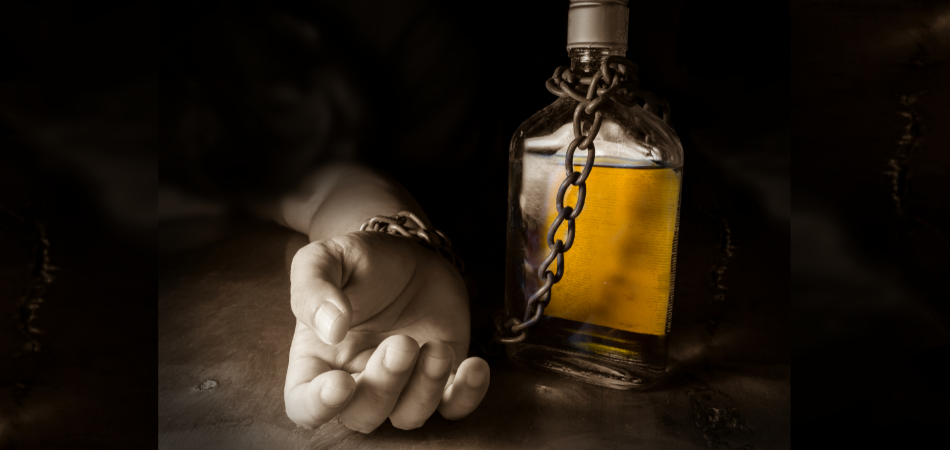
Written by:

Medically Reviewed by:
Last Updated:
December 18th, 2024
Alcohol Addiction
Did you know that alcohol addiction is one of the most common addictions in the UK? Studies have shown that in England alone, there are more than 600,000 people addicted to alcohol with very few seeking help. Addiction can be an incredibly isolating experience but it is crucial to know that you are not alone. To successfully address addiction to alcohol, it is first important to understand the condition.
On this page, we are going to discuss why people become addicted to alcohol, how to recognise alcohol addiction symptoms in yourself and loved ones and what you can do to overcome your addiction.
What is alcohol addiction?
Alcohol addiction, also known as alcoholism, is a general term for when someone drinks compulsively and cannot control their drinking. The condition can affect everyone regardless of gender, socioeconomic background or age. It is important to note that it is not simply about drinking a lot or getting drunk often; it is a serious condition that can have profound effects on every aspect of your life.
Why do people become addicted to alcohol?
There is no one answer to this question as there are many different routes to addiction. Some people may start drinking alcohol to cope with negative emotions such as sadness, anger or anxiety while others drink alcohol because it makes them feel good or because their social life and group of friends revolve around drinking.
Some people are also more at risk of developing an addiction to alcohol than others. If you have a family history of addiction, are struggling with mental health issues or have experienced trauma, you may be more likely to develop an addiction.
The UK has a big drinking culture which means many people’s addictions go unspotted. With regular drinking being seen as completely “normal”, it can be hard to know when your drinking habits have become a problem.
Myths about alcohol
Alcohol is legal to purchase so alcohol addiction is not as serious as addiction to illegal substances
False! Alcoholism can be just as serious as addiction to illegal drugs and cause just as much damage to your health, relationships and life.
You can only be addicted to alcohol if you drink every day
False! You can develop an addiction to alcohol even if you only drink occasionally. It is the severity of your drinking and the impact it is having on your life that determines whether you have an addiction, not how often you drink.
It is easy to spot a person who is addicted to alcohol
False! Many people with alcohol addiction are able to function and hide their addiction from colleagues and loved ones. However, this doesn’t mean that their addiction is any less serious or that it won’t ultimately cause huge damage to their lives.
Is alcohol addiction mental or physical?
The answer to this question is both.
On a physical level, alcohol is a depressant and so when you drink it, your brain will start to slow down. This can make you feel more relaxed and less anxious and help you relieve stress. However, as your body becomes used to alcohol, it will start to build up a tolerance. This means that you will need to drink more and more alcohol in order to achieve the same effects.
As your alcohol addiction progresses, you will also start to experience withdrawal symptoms when you try to stop drinking or cut back on your alcohol consumption. This is called dependence and it traps you in a cycle of alcohol abuse until you are completely addicted.
On a mental level, addiction can be both a symptom and cause of an underlying mental health condition as well as a condition itself. It causes changes in the way that your brain functions and this can lead to compulsive behaviours, cravings and an inability to control your drinking.
The effects of alcohol addiction on health and life
The physical and mental effects of alcohol addiction can be extremely damaging both in the short and long term:
Short-term effects
The short-term effects of alcohol addiction include:
- Blackouts
- Memory loss
- Vomiting
- Diarrhoea
- Shaking
- Anxiety
Long-term effects
The long-term effects of alcohol addiction are very serious and include:
- Liver damage
- Heart damage
- Damage to the brain
- Pancreas damage
- Increased risk of developing certain types of cancer
Drinking can also put you at higher risk of serious injury during your everyday life. A significant proportion of traffic accidents are the result of drunk driving and alcohol is also a factor in many accidents around the home such as falls, fires and drowning.
If you are addicted to alcohol, it is also likely that your addiction will start to have a negative impact on your life. You may struggle to maintain relationships, keep up with work or school commitments and run into financial issues as you spend more and more sustaining your alcohol addiction.
Signs of alcohol addiction
The problem with alcoholism is that drinking is so ingrained in British culture that it can be hard to know when your drinking has become a problem. Addiction is a very sneaky condition that will try and convince you there is no issue and that you are in control.
If you are worried about how much you are drinking, here are some questions to ask yourself which could indicate signs of alcohol addiction:
- Have I put myself or others in danger through my drinking such as by driving while under the influence of alcohol?
- Am I unable to stick to the limits I set myself on how much alcohol I will drink?
- Do I need a drink in the morning in order to feel normal or function during the day?
- Do I need to drink in order to feel relaxed or cope with social situations?
- Have I drunk to forget or escape my problems?
- Do I struggle to remember what happened when I was drinking?
- Do I get defensive when people try to talk to me about my drinking?
- Have people close to me told me they are worried about my drinking habits?
- Do I drink alone or in secret?
If you recognise any of these signs, the best thing is to seek help immediately. The earlier you address the situation and take steps to resolve it, the better your chances of overcoming alcohol addiction. Get in touch with us today and our team of experts will be able to advise you on the best course of action.
How to help a loved one with an addiction to alcohol
Watching a friend or family member struggling with alcohol addiction can be extremely difficult. The first thing is to remember that addiction is not a choice and that the person cannot stop drinking even if they want to.
If you have a loved one who is addicted to alcohol, it is extremely important that you don’t enable their drinking. This means not buying them alcohol, not making excuses for their behaviour and not covering up for them. Instead, you need to be honest with them about their drinking and the impact it is having on those around them.
It can also be helpful to offer your support in getting help for their addiction. This might mean researching treatment options or going with them to appointments.
If you are struggling to deal with a loved one’s addiction, get in touch with us today. We understand how difficult it can be and our team is here to support you through every step of the process.
5 important facts about alcohol abuse
- Alcohol addiction sometimes leads to abuse and addiction to other substances.
- Drinking as a child or teenager can be a major risk factor for developing an alcohol addiction later in life.
- Most people with an alcohol addiction will need professional help to overcome their drinking.
- Alcohol abuse is the biggest risk factor for ill-health and premature death for people aged fifteen to forty-nine.
- Abuse and addiction to alcohol increase the risk of domestic violence, financial problems, job loss and homelessness.
Alcohol addiction in the UK
In the UK, alcoholism is a very real and serious problem. In 2020, there were 8,974 alcohol-specific deaths in the UK. During the Coronavirus Pandemic and related lockdowns, the rates of alcohol addiction rose across the UK as people found themselves drinking more to cope with stress and anxiety. Alongside government cuts to alcohol addiction treatment funding, this has seen a major backlog in people waiting for NHS services.
If you or a loved one is struggling with alcohol addiction, get in touch with us today and we can advise you on the best course of action.
How to overcome alcohol addiction
There are three important stages to addressing addiction to alcohol: detoxification, rehabilitation and aftercare.
At Primrose Lodge, we provide all three of these stages in a safe and nurturing environment where you will be able to focus on your recovery and overcome the root causes of addiction.
You can find out exactly what we at Primrose Lodge offer on our alcohol addiction treatment page.
















